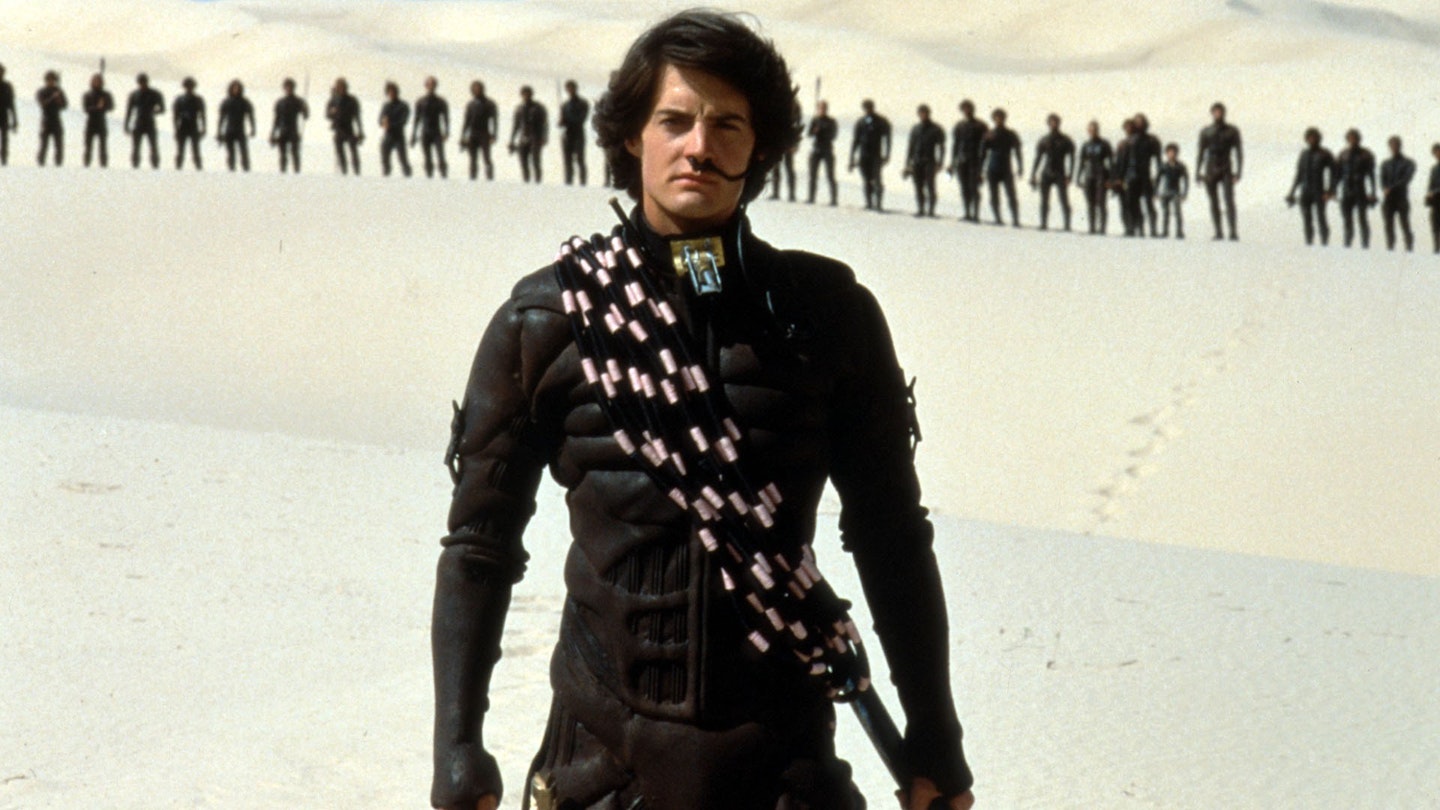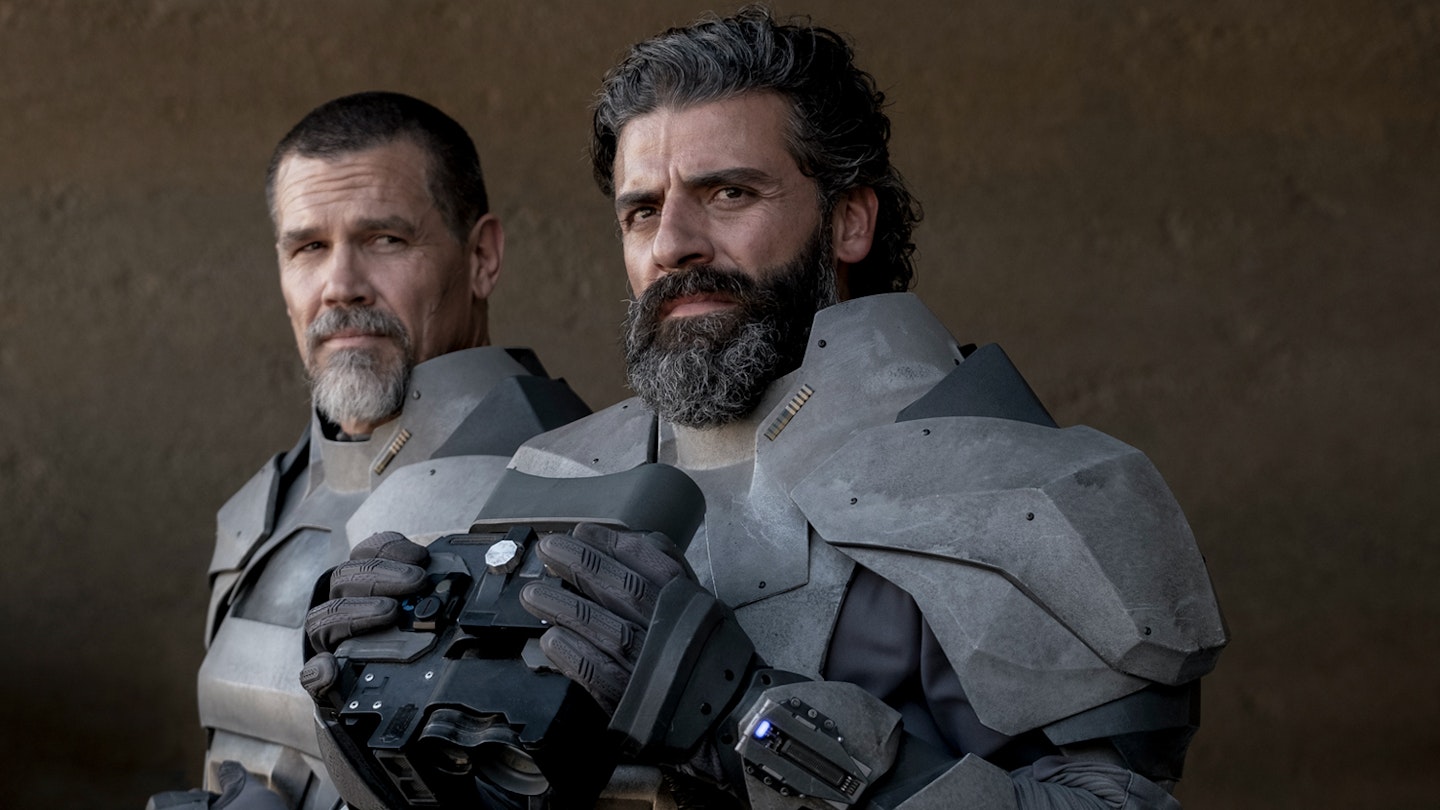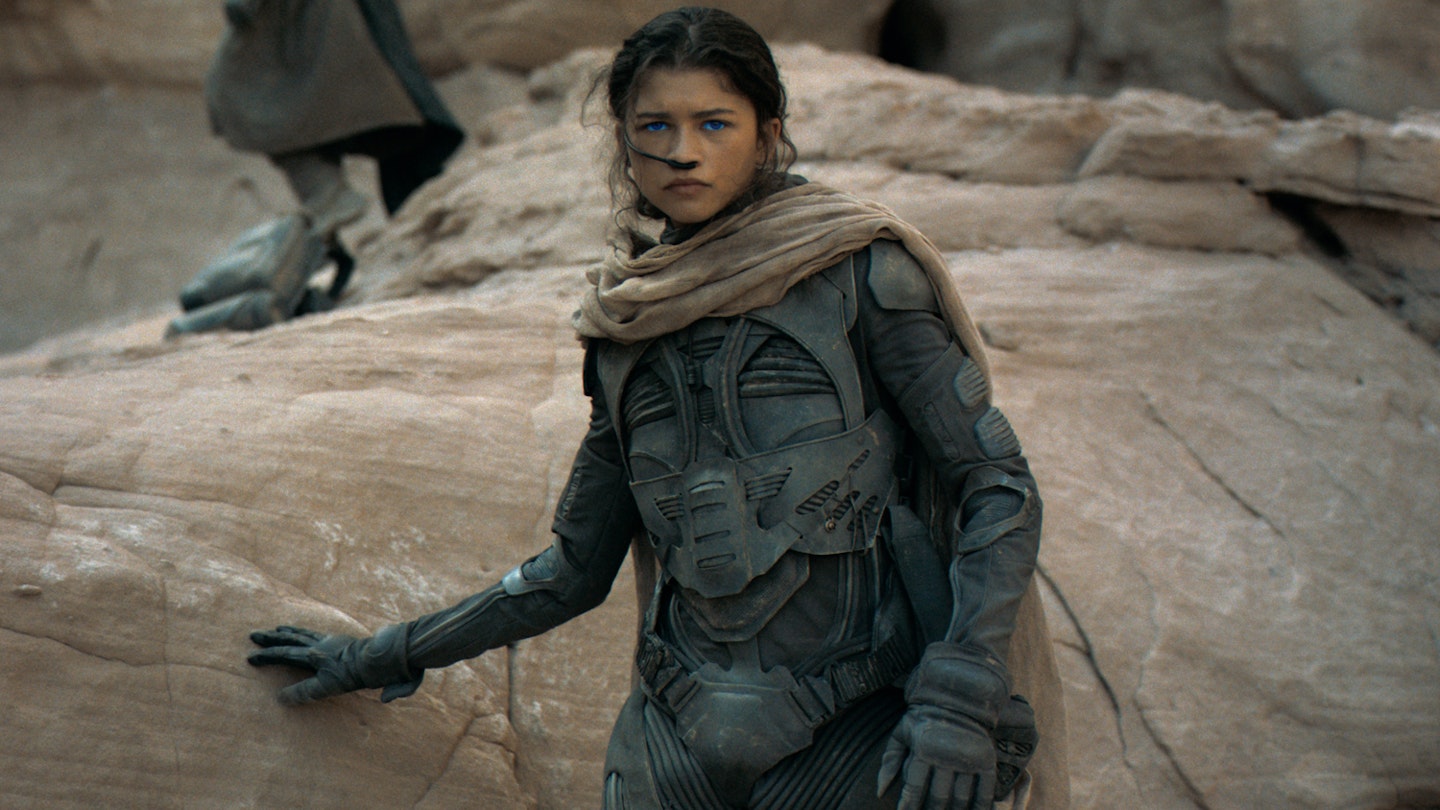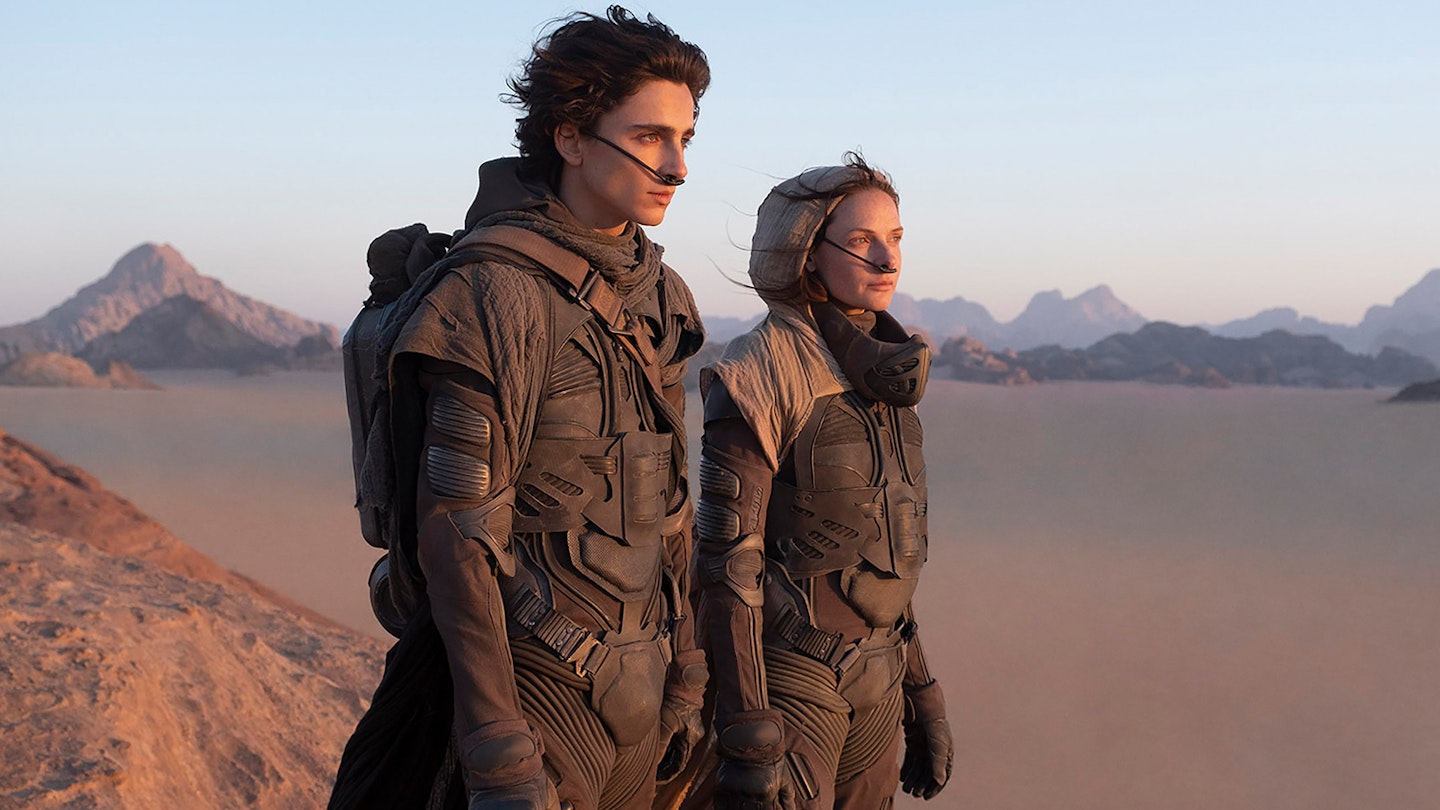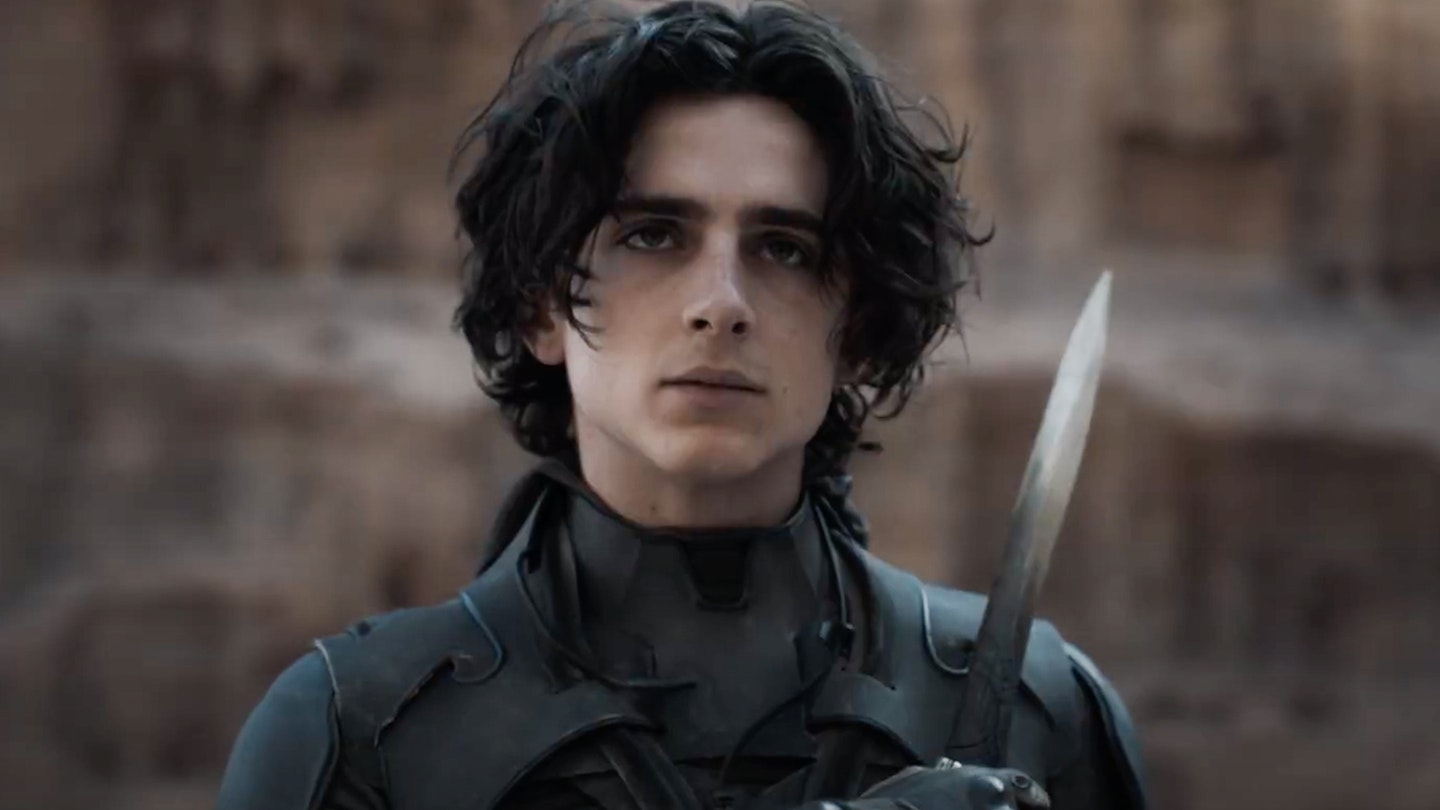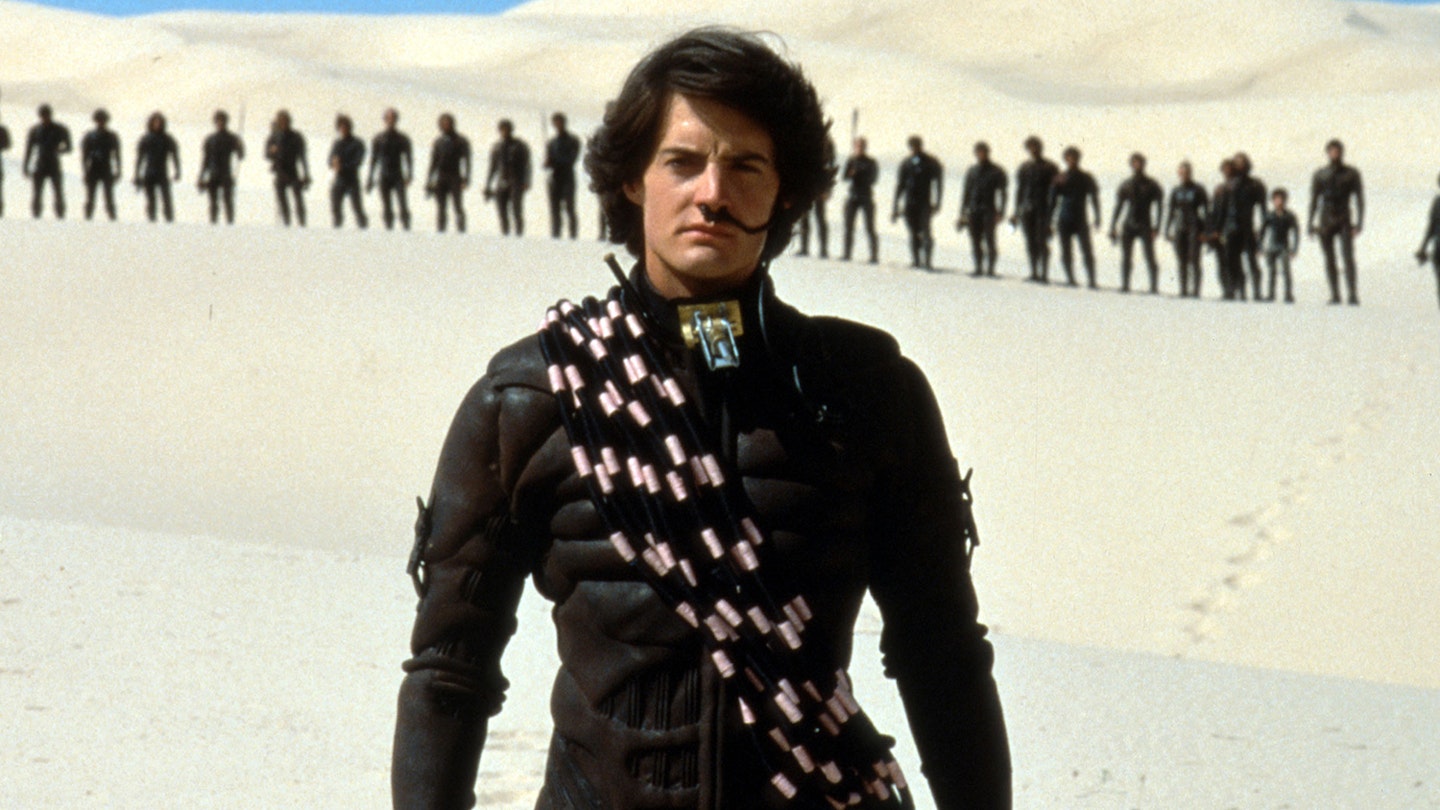Derided, disowned, and debated endlessly, David Lynch’s weird venture into big budget sci-fi spectacle (having turned down the chance to make Return Of The Jedi) is a most fascinating disaster of genre making.
On a storytelling level Frank Herbert’s swollen book, a thinly disguised allegory of the Arab control of oil supply, proved far too intricate and unwieldy to cohere into a sensible film. And Lynch wasn’t about to worry about it, wrapping the film in swathes of religious symbolism, and letting it devolve into a rare form of highly expensive gibberish. No matter which, of many, extended cuts you watch the yarn retains no holding logic. Even lovers of the book’s dense arcana — a universe of squabbling aristocratic families, mystical witches, messiahs, and emperors all vying for control of the necessary spice — found it impossible to follow.
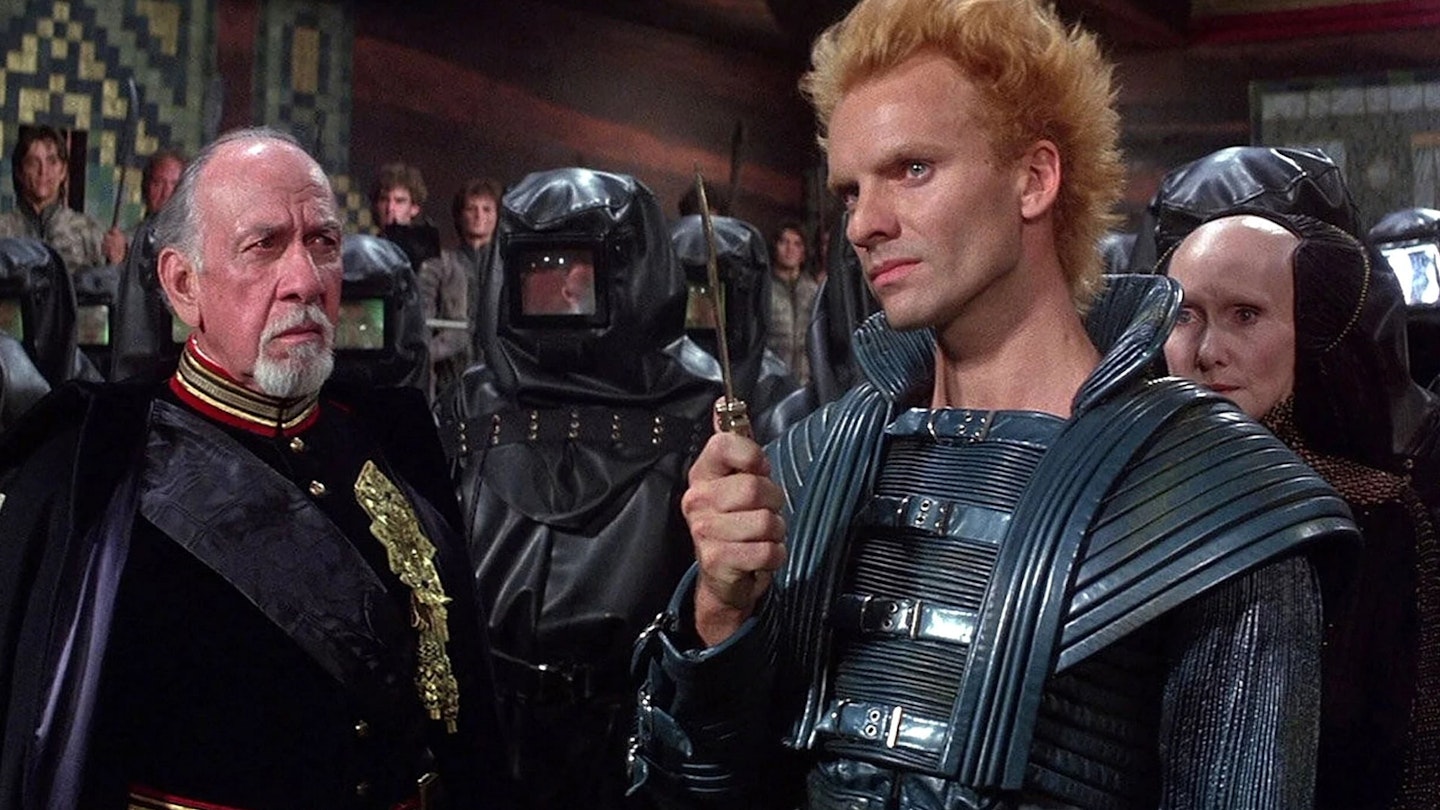
Yet, on another level, it isn’t without artistic merit. Story was never going to concern Lynch for long (making him a foolish choice for director), but he lends Herbert’s crowded mythos with its low-level fusion of the hi-tech and the Biblical, a vivid design. From the red-stained deserts (it was shot in Mexico) to the industrial horror of Harkonnen, to the great worms, giant phallic beasts coursing through Dune’s outback, the film has a surreal grace that draws you in. And the characters, as is Lynch’s wont, are rich and wild and amongst his funniest.
It is far more of a piece with Lynch’s idiosyncratic career, than he has made out.
While Kyle MacLachlan’s hero-messiah Paul is bland, a good looking trope for the film’s peculiar destiny, Kenneth MacMillan has a whale of a time as the corpulent villain Baron Harkonnen, coated in suppurating boils as if his whole body oozed with his avaricious evil. Although, Sting in naught but a codpiece might have been an extravagance too far — the singer turned actor never fully recovered from the look.
Thus, it is hard to truly punish Dune. As a version of the book it remains hopeless (John Harrison’s TV mini-series made in 2000 does a far better job in adapting the book) but as a piece of outrageous sci-fi art, thrilling to its own excess, it is far more of a piece with Lynch’s idiosyncratic career, than he has made out.
